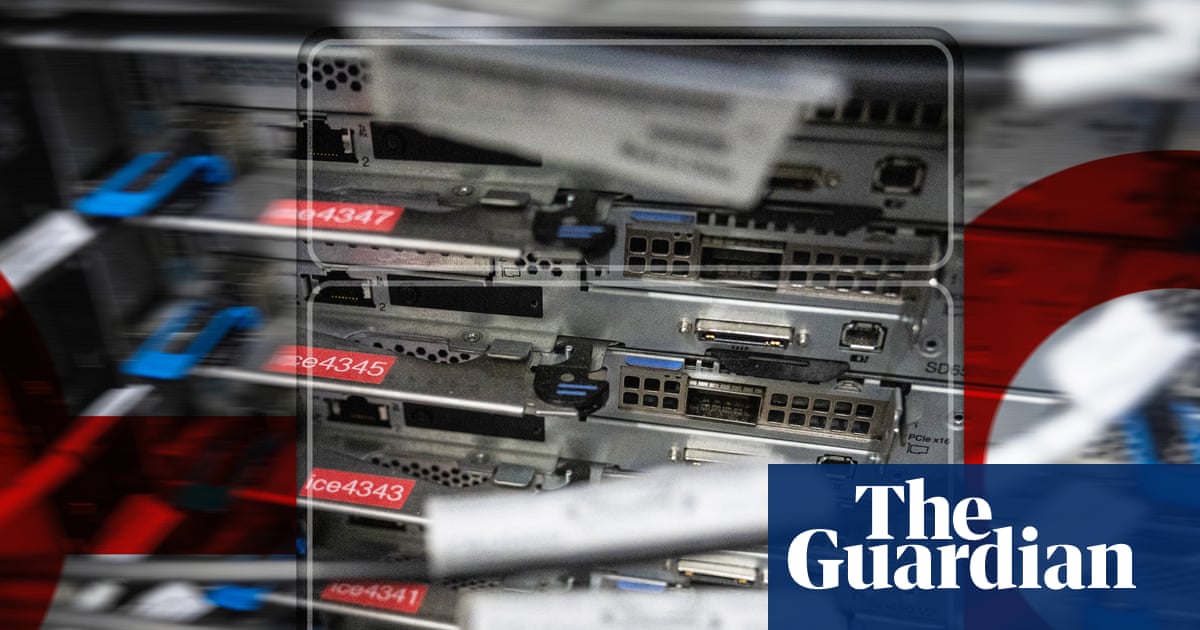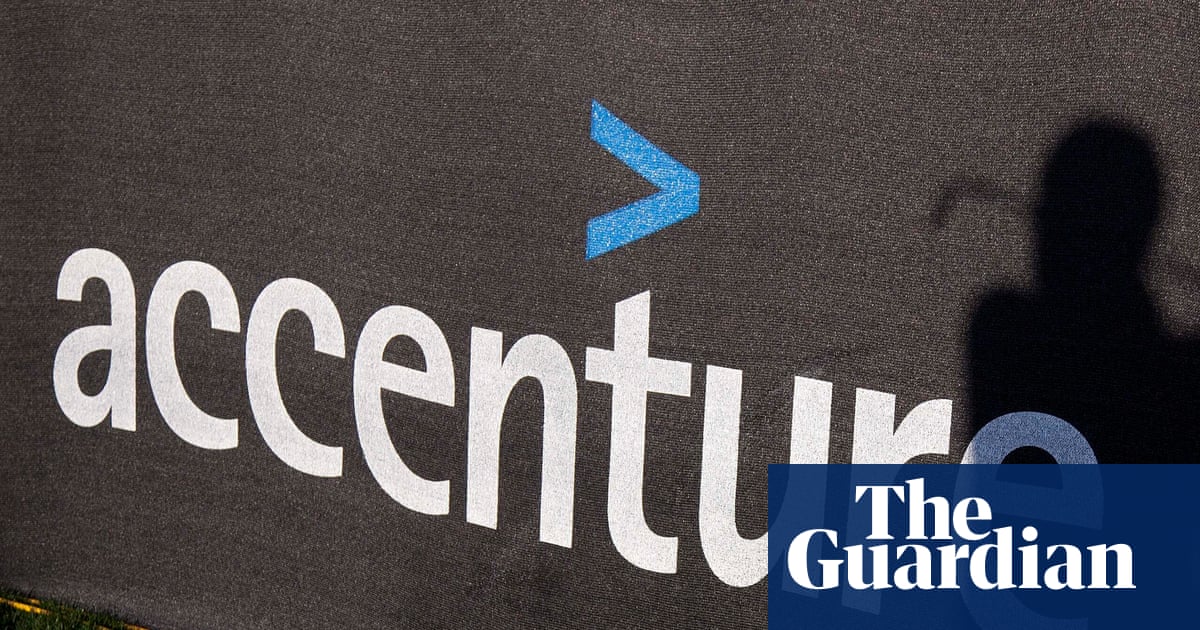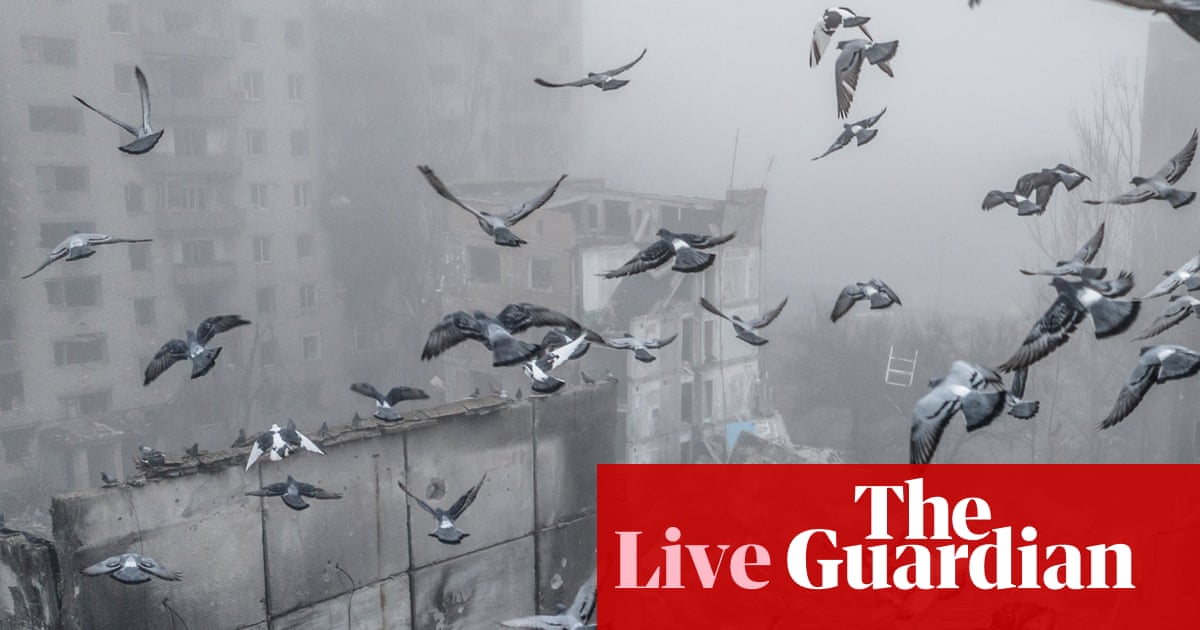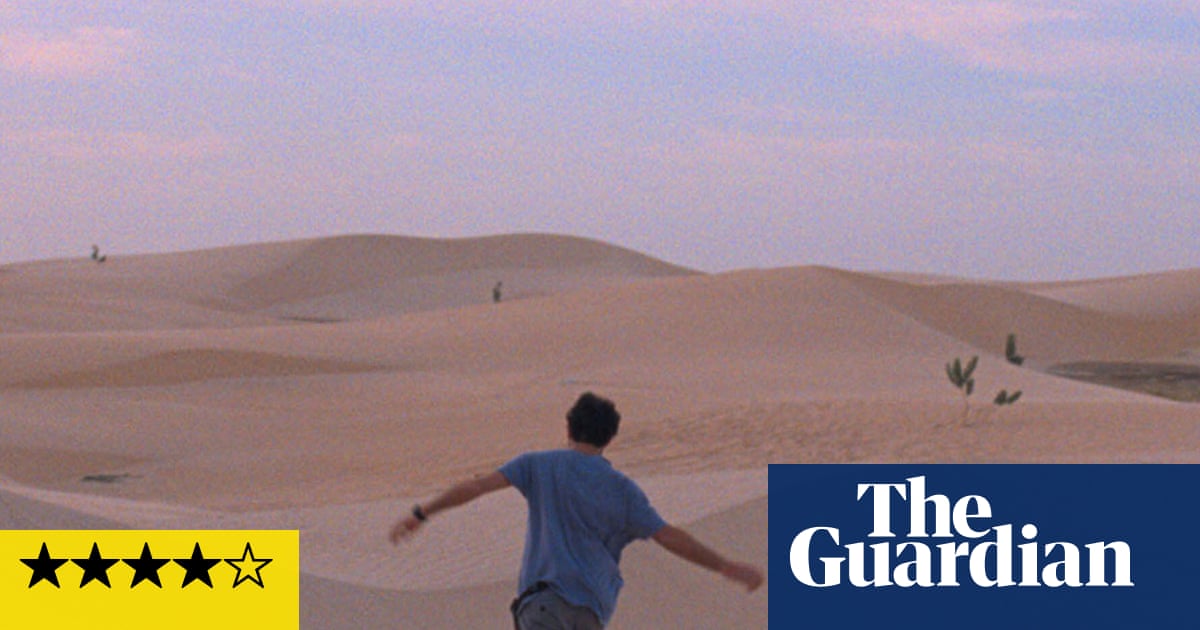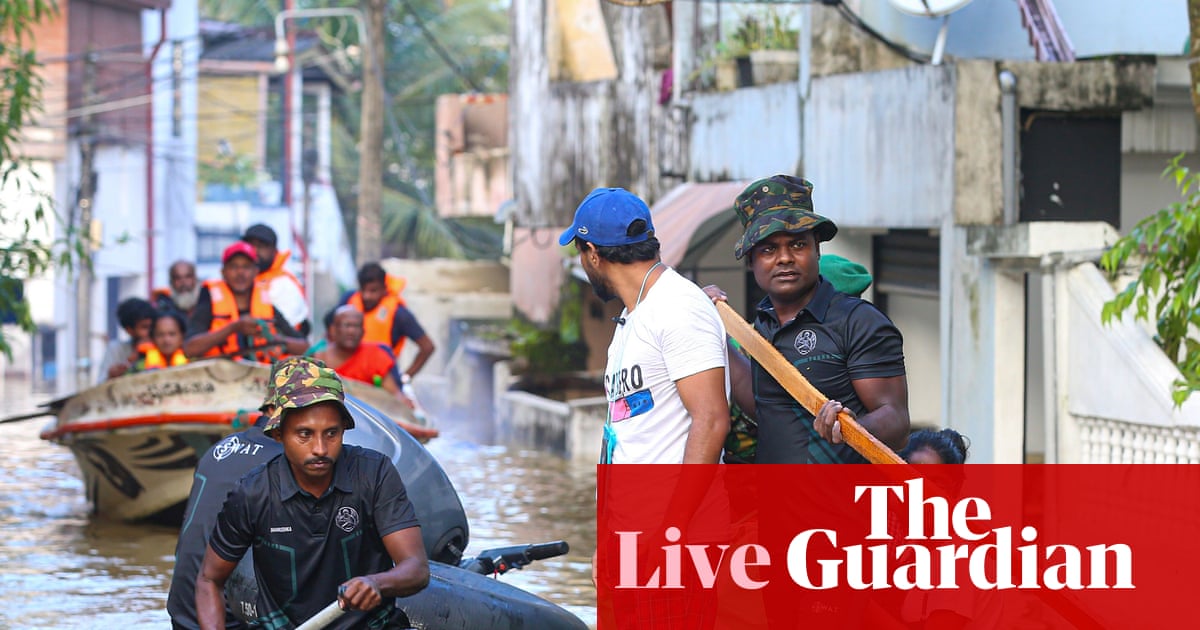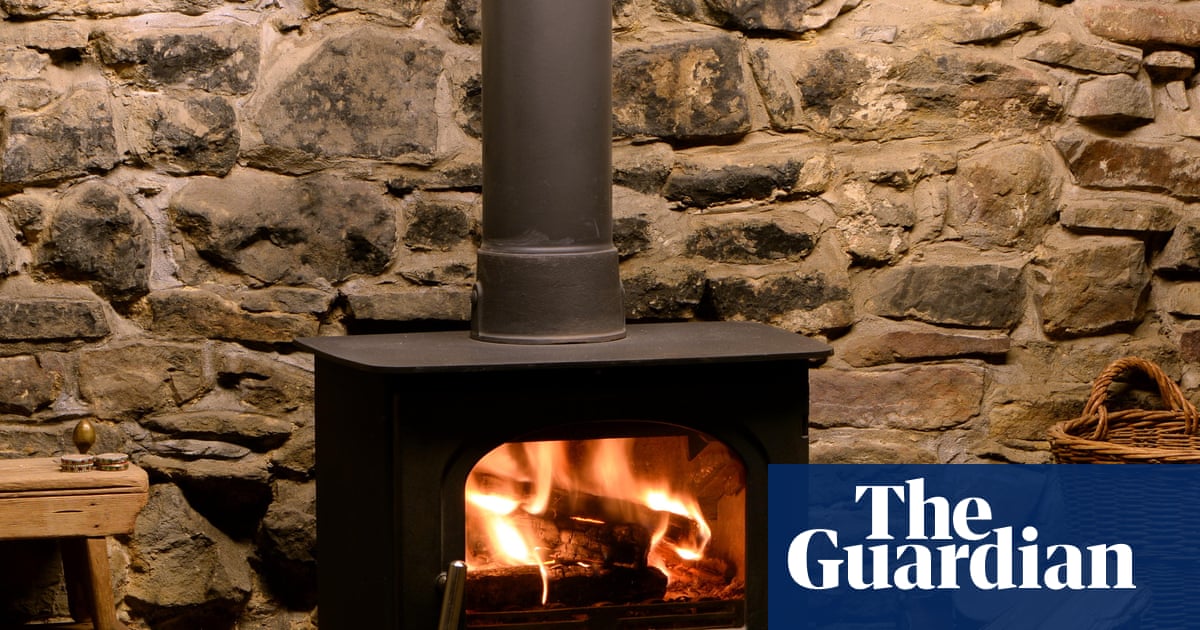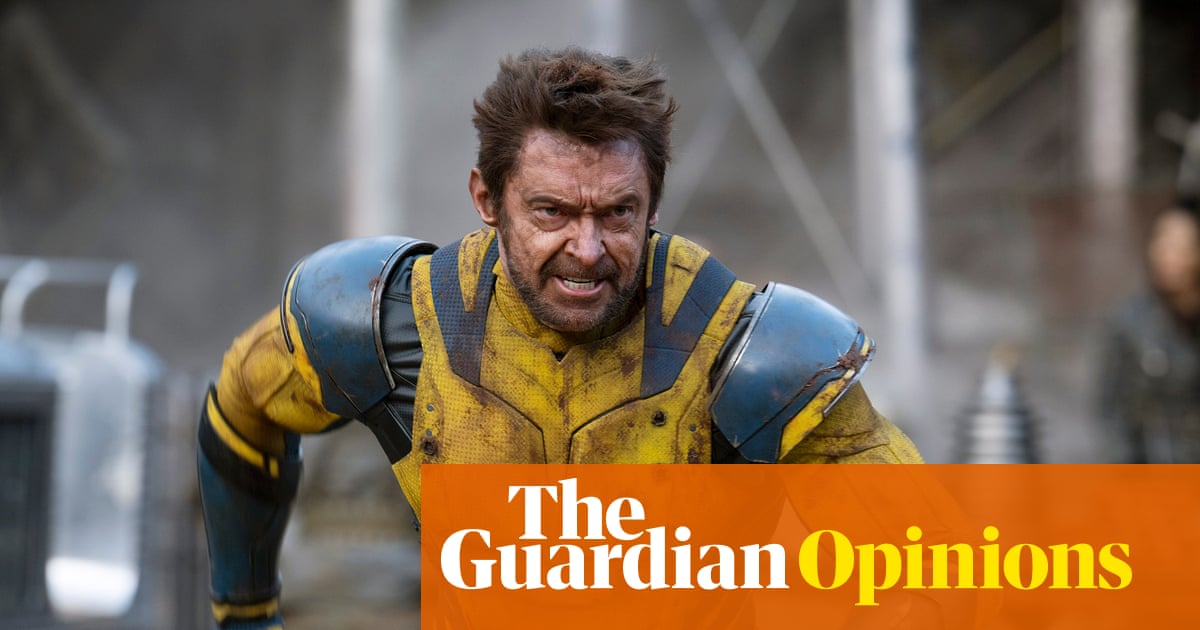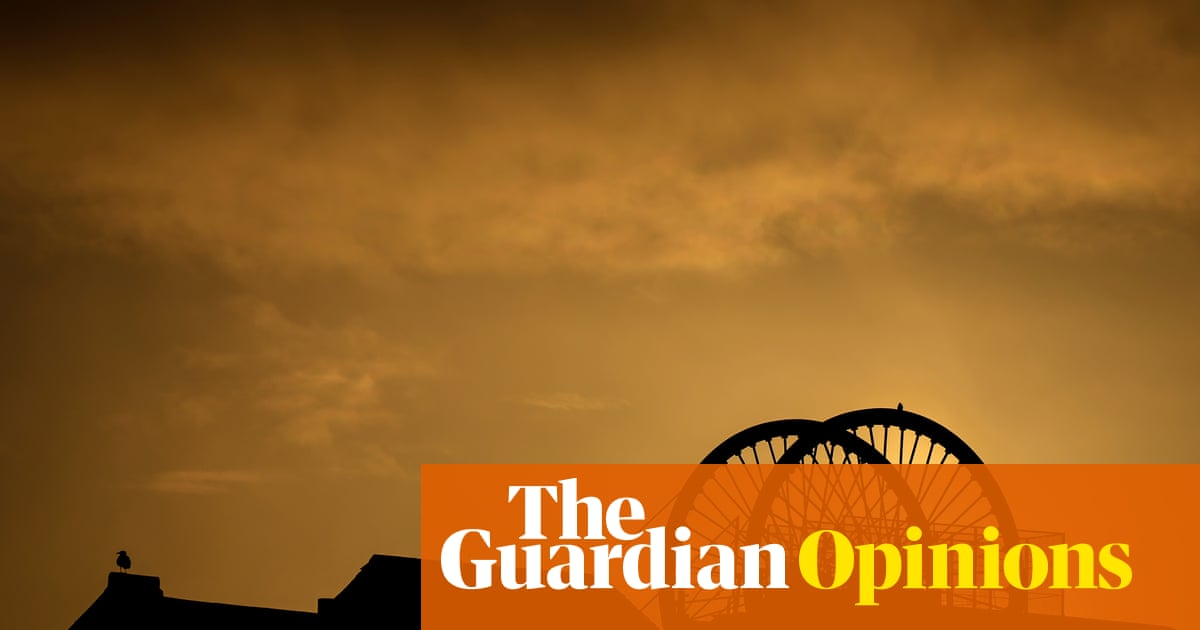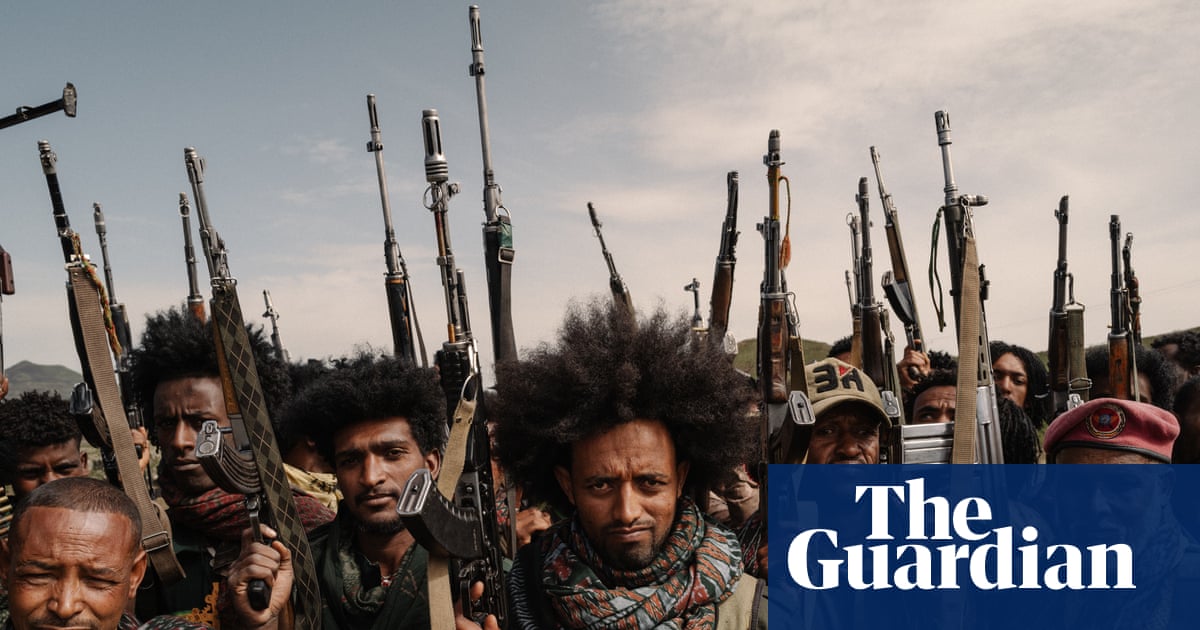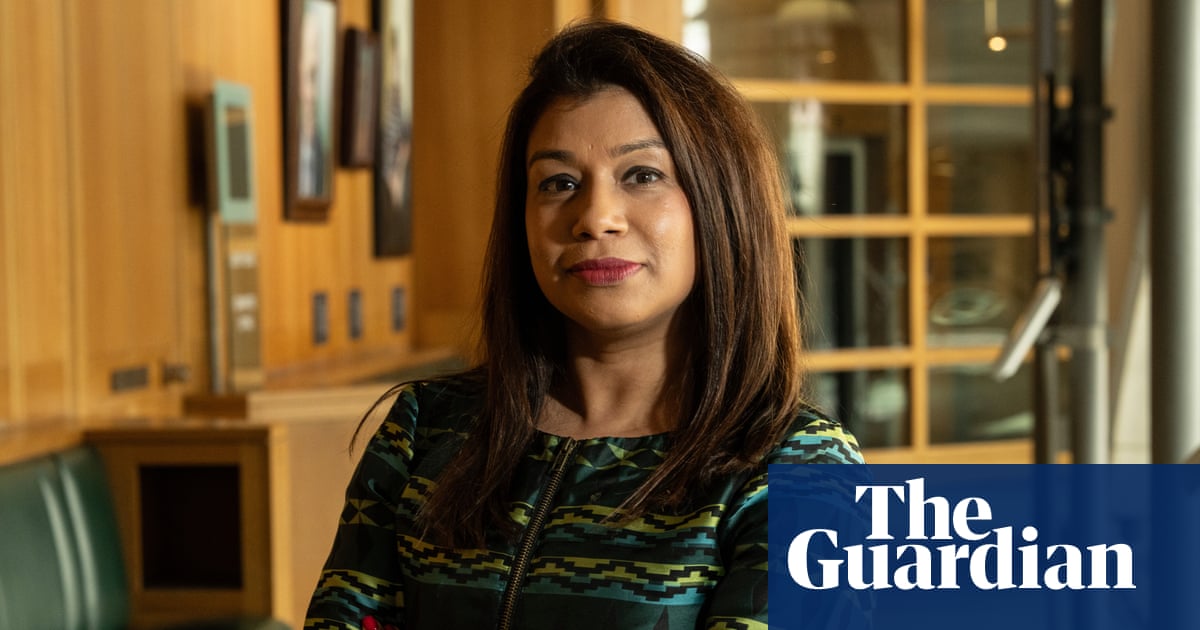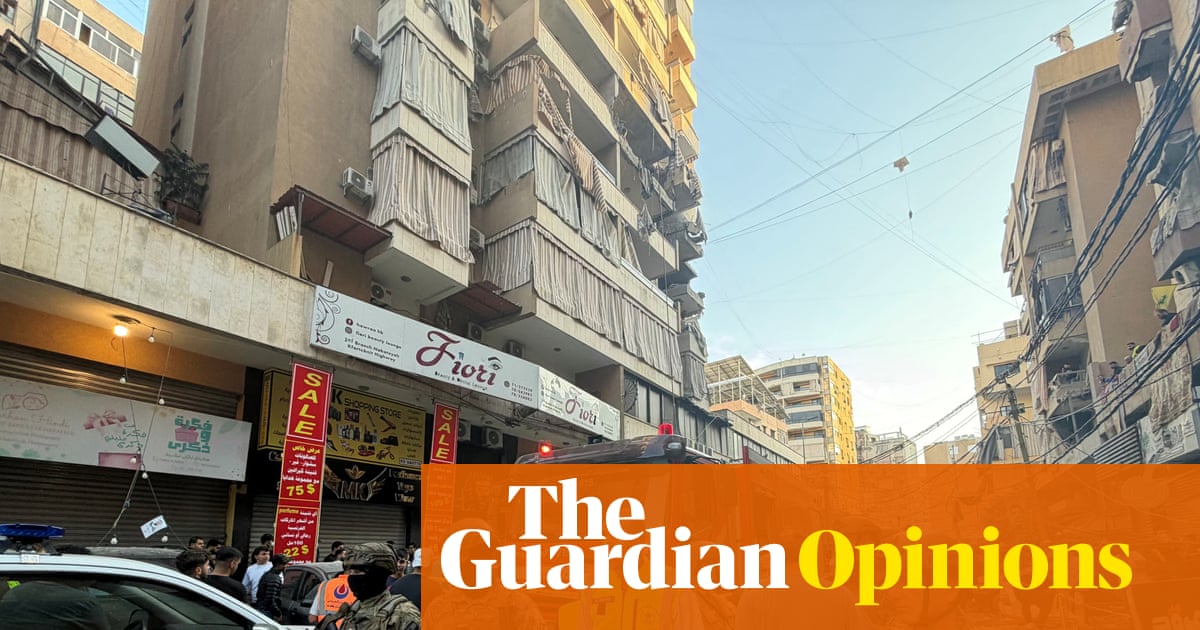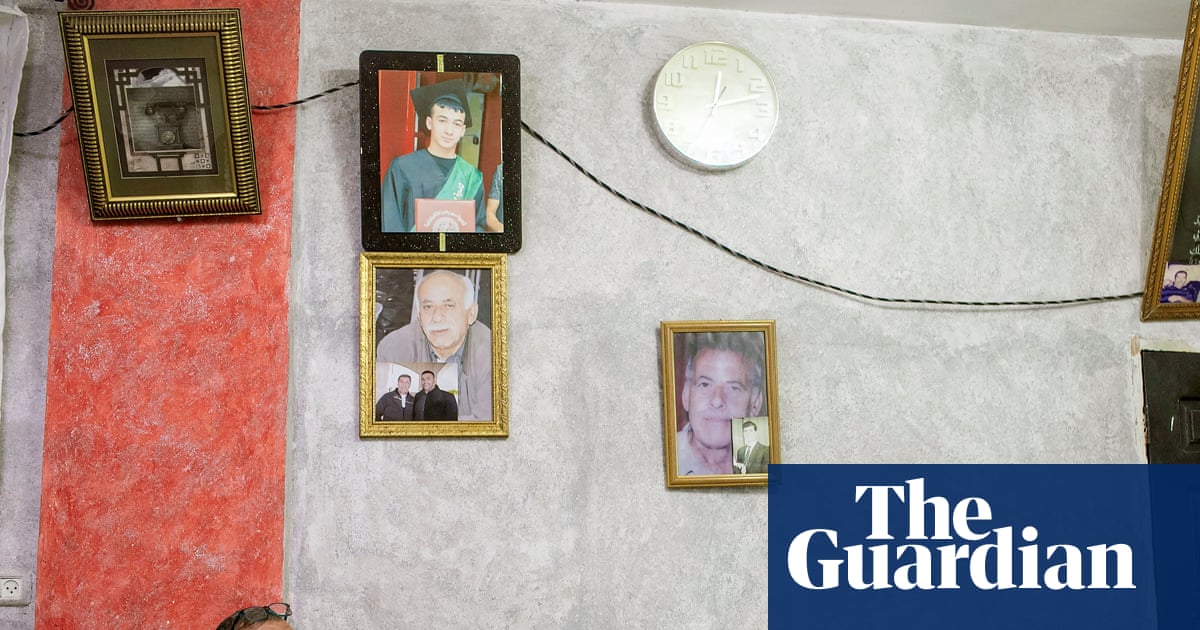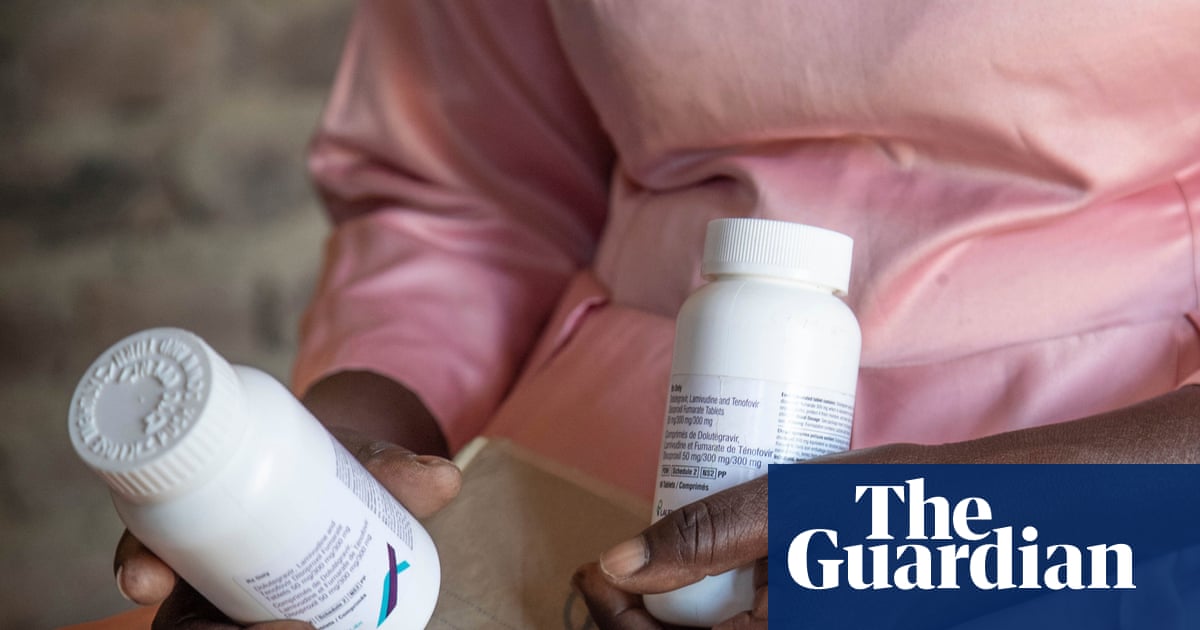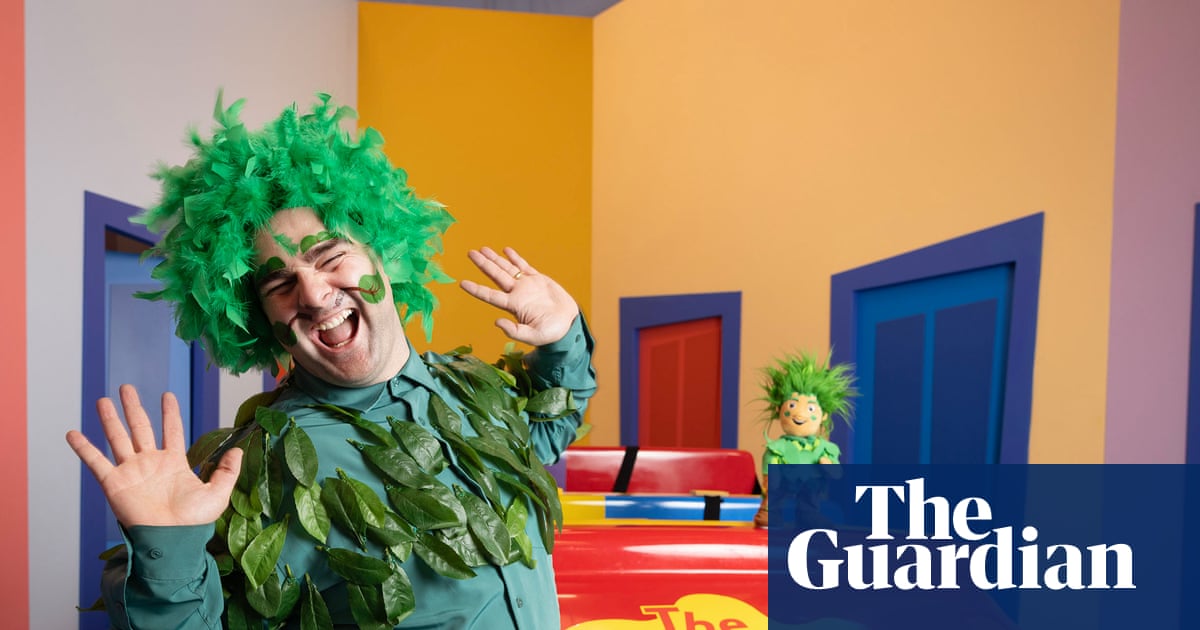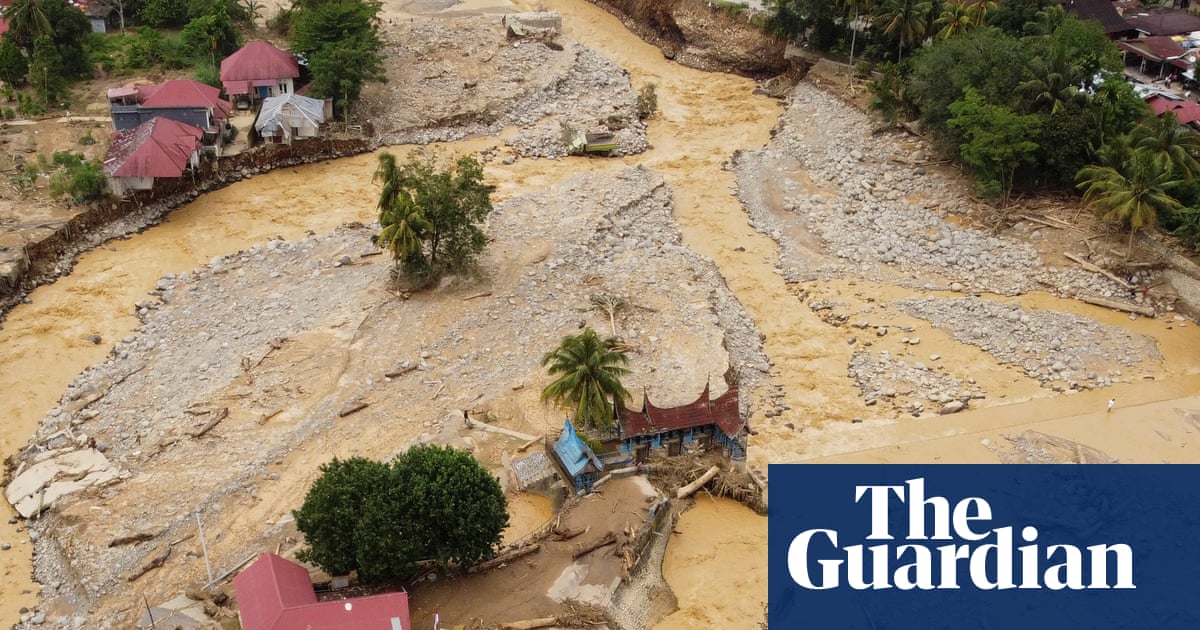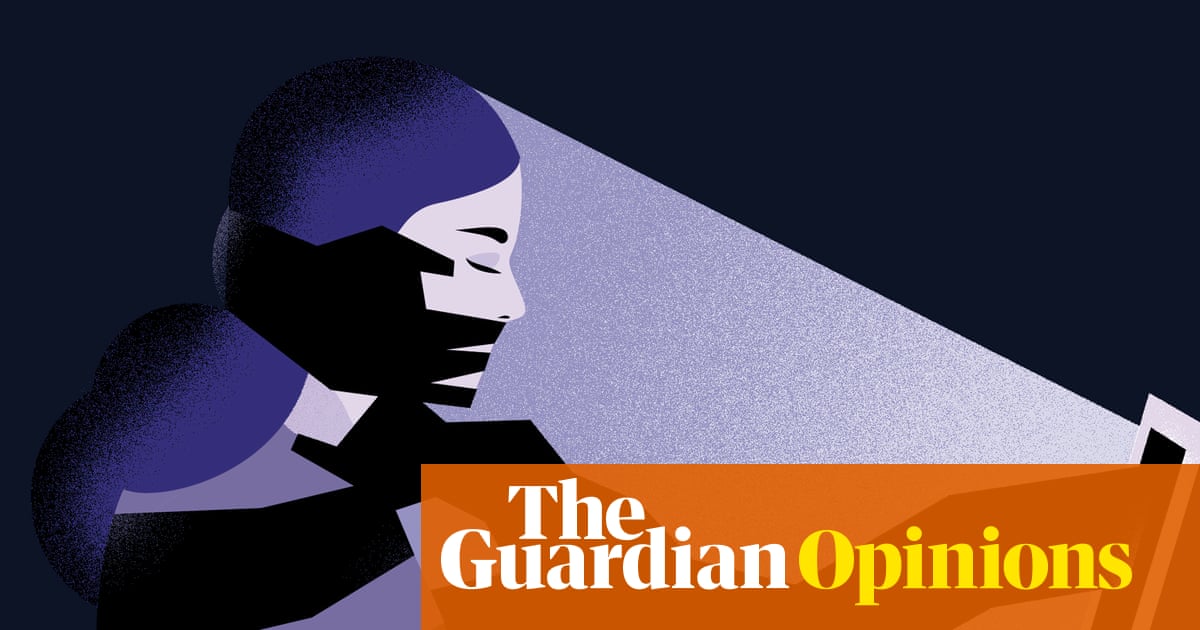Karim is a trained nurse in his early 20s from Gaza City. He has been displaced by the war 12 times and survived an Israeli strike in Rafah. He now lives in the ruins of his former home with his parents and four brothers. He kept a diary for the Guardian over the course of a week.
3 August 2025
Today, I have to do something a bit “exciting”. I’m going to a food distribution point for the first time, what I call the death lottery. I’m leaving in about 30 minutes. I’ve said goodbye to my family and hugged them all. You never know.
Why risk walking toward your own death? It’s not by choice. For many days now each of us has been living on a single pita bread and a bowl of lentil soup per day. That’s it.
Yesterday I had a small moment of joy. My brother, Ahmad, and I managed to buy 200g of real sugar … white, crystal sugar, not the liquid kind. We used it to make tiny cakes. They weren’t very sweet, but still tasty. No eggs, of course, we used egg white powder. I haven’t eaten an actual egg in nearly two years.
This morning, a friend from Sydney sent me a photo from the march over the Harbour Bridge. It brought tears to my eyes – so many people, all standing together. It made me proud.
Yesterday those disgusting monsters sent a drone over our neighbourhood at night. They filmed a 16-year-old girl while she was showering. The houses are so destroyed here that people use plastic sheets or tarps for bathrooms, with no roofs – we have no privacy. The drone had a loudspeaker and the voice of a soldier speaking broken Arabic crackled through: “I took pictures and videos of you. Soon they’ll be online, ya sharmouta [“bitch” in Arabic].” That absolutely broke me. I can’t imagine being her parent and knowing your daughter had been violated like that. It’s beyond cruelty.
4 August 2025
Do you know the series Squid Game? I swear, they’re playing with us just like that. I lay on the ground at the aid point in Zikim for almost three hours without moving. If anyone moved – like one old man apparently did, they shot him. He got a bullet straight in the neck.
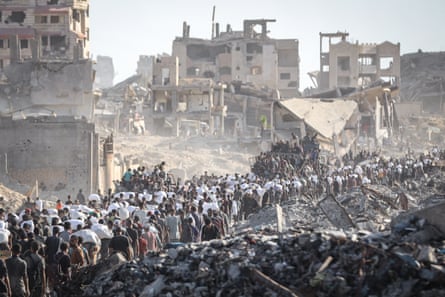
I crawled over to him and tried to check his wound a little, but he was already 75% gone. It was a sniper shot. We often can’t retrieve the bodies, they’re usually taken later by the Red Crescent, and they have to inform the IDF beforehand to avoid getting shot.
After that, the trucks came in and people stormed toward them. I ran too, desperate to get something. There were at least 10,000 people there: women, men, kids, elderly. It was heartbreaking.
I kept thinking about how we used to live with dignity and respect, and now after all these years, we’re stepping over each other like animals just to get food. At 8pm, I came home in tears. And of course, I didn’t get anything.
Before the war, when I was working at the hospital and doing my internship in the operating room, I spent four weeks there and I hated it. I couldn’t handle the sight of blood or dead bodies. And now? It’s become completely normal.
That was my first time at one of those aid points, and it will be my last.
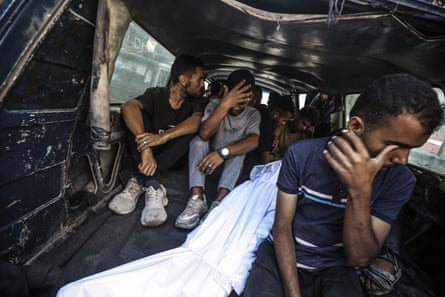
6 August 2025
I usually avoid the news. I can’t stand watching it – too much pain, too much politics. I scroll through Instagram a little, and sometimes I search for scholarships, hoping to find a way out of here. I’m desperate to escape with my family. But today I saw something I couldn’t ignore: the pressure on Israel is growing. Shocking images of starving children have been released – so horrific that even many Israelis are shocked. They can no longer deny what is happening.
It’s strange and bitter to think about: a nation whose grandparents and great-grandparents suffered persecution and genocide in eastern Europe, now inflicting similar methods on others. Because of this public outcry, more aid trucks were allowed in today. Traders were even officially permitted to import goods again.
Prices have dropped slightly, but for people like us – who rely entirely on humanitarian aid – they’re still painfully high. And here, traders only take cash. No online payments. They fear the occupation will freeze their accounts or monitor their transactions. But to get cash, we have to pay high commissions. Right now, it’s about 50%. If I want 1,000 shekels in cash, I have to transfer 2,000 first. A kilo of flour now costs about 60 shekels, about $18. A single kilo of lentils is about 100 shekels – about $30.
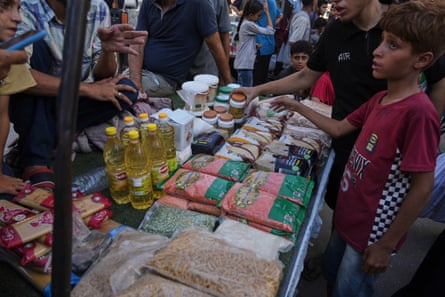
The market is busier than before, the smell of spices and dust heavy in the air, but most people still walk home empty-handed. I did too.
7 August 2025
This government under that bastard [Benjamin] Netanyahu announced today it wants to completely wipe Gaza off the map and push us into concentration camps somewhere in the south, waiting for some country to take pity on us and take us in.
People are trying to pretend it’s not happening, like they haven’t heard anything, but you can see it in their eyes, the fear. Where are people supposed to go? We still help each other as much as we can, but if I’m honest many people here just wish for a quick death. My mother prays every day that if a rocket hits us, it takes us all together, so that none of us are left behind to carry the grief. She hopes we’ll all be reunited in paradise, someday.
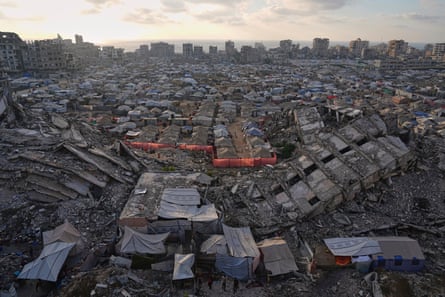
Many think the IDF’s expulsion orders mean, “Just pack your things and leave.” But it’s not that simple. For us, it’s torture. That’s why many stay: they have no time to evacuate, no money, or they’re just too exhausted to go on.
Moving means calling a transport truck – but many have been bombed by the IDF. If you find one, it charges an enormous fee. A single litre of diesel costs nearly $100 here in Gaza. Transporting goods from Gaza City to Rafah can cost about $500.

Diesel is produced here in the most primitive ways. People burn plastic near garbage dumps and, through a complex process, extract diesel. It’s expensive and dangerous.
We’re lucky to have two solar panels and a battery, so we get some electricity from the sun. As for internet, we use eSIMs from Israeli providers. We usually have to go up on the roof to catch a signal. When IDF soldiers are nearby – about two kilometres away – the connection becomes stronger.
Back to the expulsion orders: before you leave, you must find a place to go.
There are 2 million people here squeezed into roughly 70 sq km – that’s about the size of Wolverhampton. And everyone has to live in tents.
If you find a spot, you have to pack everything: mattresses, blankets, clothes, small furniture, jerry cans – big ones holding 1,000 litres – and food. Then you set up your tent under the scorching summer sun or bitter winter cold.
Imagine how exhausting and humiliating that is. And often, the IDF orders these moves at midnight. You have a maximum of two hours to do everything – otherwise, you risk being shot.
The “most moral army in the world”, says Netanyahu.
8 August 2025
Right now, people in Gaza don’t seem to care about anything any more. The markets have started to fill up again, and prices are slowly coming down.
And I had a little highlight today – I drank tea with sugar. Lots of sugar. I’m sick with a cold, so I isolated myself – not wanting to make my family sick. Our bodies are so weak from everything we’ve been through – I only weigh 43kg now, I used to weigh 70kg. For months, people couldn’t even afford sugar. Now that it’s back, they’re so happy, it’s as if they’ve forgotten that Netanyahu plans to forcibly evict everyone from Gaza City in just a few days.
If I survive this and get to leave this prison called Gaza for the first time, I’ll travel the whole world. I wouldn’t stay more than three months in one place.
11 August
[Al Jazeera correspondent] Anas al-Sharif is a martyr. I can hardly believe it. Anas was never affiliated with Hamas nor did he work for them. Everyone in Gaza who knew him knew he stood firmly against Hamas, their leadership style, and their crimes in Gaza. So why?
Anas had even been threatened by Hamas. Yet, the IDF killed the entire Al Jazeera team in Gaza. This feels like the first step toward the final phase of the genocide.
The people outside don’t understand what Anas means to us. The Israelis do – and that’s why they killed him.
My family, especially my mother, cried for him. Our hope, our hero, our comforter is gone. Anas was the voice of Gaza, bringing our truth to the world. He was deeply loved.
I’m writing this as howitzer cannon have been relentlessly bombing the southern part of Gaza City since midnight. For us, it’s a sign that the troops are slowly advancing. I pray it will end quickly and without pain – so we won’t have to witness the horrors ourselves.
I fear the end will come soon … we are being erased.

 3 months ago
50
3 months ago
50


